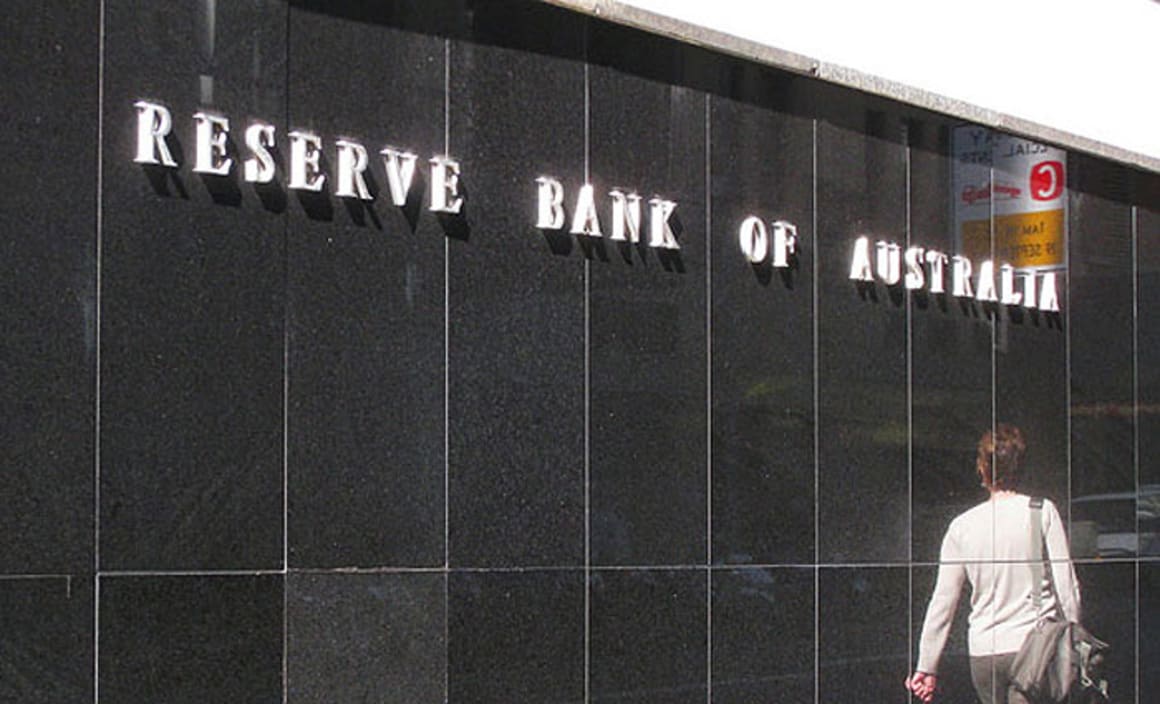Overly inflated Sydney and Melbourne housing prices concerns the RBA

The Reserve Bank has signalled that more cuts to the official interest rate could come although they advised of concerns of refuelling a property bubble in Sydney and Melbourne.
The October meeting saw the cash rate cut to a record low of 0.75 per cent.
The RBA board minutes noted "the housing market and other asset prices might be overly inflated by lower net interest rates".
"This assessment would need to be reviewed if rapidly increasing asset prices were accompanied by materially faster credit growth, weak lending standards and rising leverage," the minutes noted.
The members saw a limited risk of excessive borrowing.
Members acknowledged that asset prices were part of the transmission mechanism of policy, including by encouraging home building.
"By themselves, higher asset prices were considered unlikely to present a risk to macroeconomic and financial stability.
"This assessment would need to be reviewed if rapidly increasing asset prices were accompanied by materially faster credit growth, weak lending standards and rising leverage.
"Although household debt was still considered high, members saw only a limited risk of excessive borrowing at the current juncture: household disposable income growth (and thus borrowing capacity) is weak; the memory of recent housing price falls is still fresh; and banks are still quite cautious in their appetite to lend."
The RBA members assessed that close monitoring of this risk was warranted.
The RBA minutes warned that global asset prices being driven higher by record low rates were exposed to any potential global shock given high debt levels that had run up since the global financial crisis.
"A fall in asset prices could result in financial stress for some businesses and households, which could spill over into financial institutions."
Members also discussed the possibility that policy stimulus might be less effective than past experience suggests.
They recognised that some transmission channels, such as a pick-up in borrowing or the effect on the home-building sector, may not be operating in the same way as in the past, and that the negative effect of low interest rates on the income and confidence of savers might be more significant.